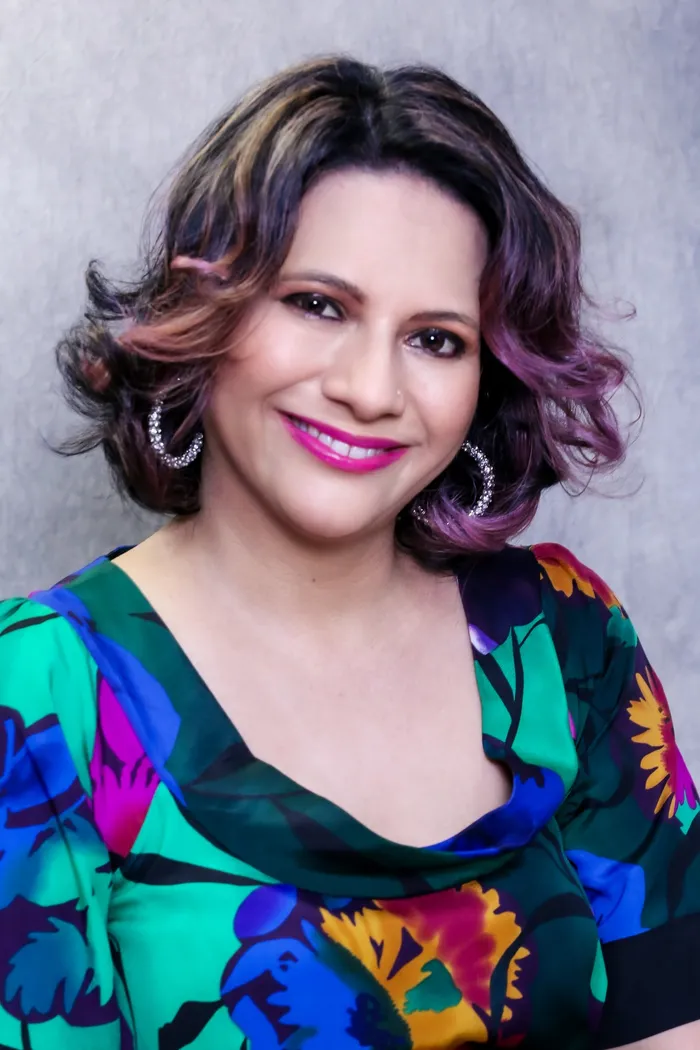Parents' balancing act in finding the right school at the right price for children

Dr Sheetal Bhoola is a lecturer and researcher at the University of Zululand, and the director at StellarMaths (Sunningdale). Picture: Supplied
Image: Supplied
AMIDST the growing costs of necessities in South Africa, there is the stagnant economy, and the job market and private business sectors remain very volatile.
Regardless, school fees have increased, and middle-class South Africans also feel pressured to send their children to schools that can be described as model C or semi-private.
Government schools in recent years have been failing to meet basic educational requirements, such as fewer teachers being employed in this sector, and allocated budgets are yet to filter through to government schools.
The above-mentioned realities, amidst other challenges such as larger-than-usual classes and a lack of technological resources for children to be equipped for the globalised economy, are strong factors for parents not to consider enrolling their children in government schools, even though it may be the affordable option.
At present, semi-private schools and private schools are significantly pricey in South Africa, leaving many parents struggling to meet other living costs.
The alternative that many parents are opting for is to homeschool their children, but that, too, comes with additional costs.
At present, most homeschooling online curricula can cost as little as R5000 per month, making them very affordable for many South Africans.
Still, on the other hand, the learner loses out on a holistic experience of schooling, such as skill and character building, self-esteem building, and developing a humanitarian, communication, and social value system.
As the director of StellarMaths Sunningdale, Durban, I find myself bombarded with parents of learners who are homeschooled, as they realise that the teaching methodology used by online programs is not always effective for young learners.
The challenge to attain effective teaching and learning outcomes solely online is huge. The average learner has a concentration span of 20 minutes online and may not have the capacity to maintain focus for extended periods.
In addition, this approach undermines the child’s capacity to learn socially and hinders their learning ability to build relationships, which is a valued lifetime skill. In addition, the child’s visual and verbal learning engagement may be limited depending on how these teaching programs are structured.
The predominant and primary negative impact of long hours of online learning also impacts the core functioning of the way we learn. The right side of a young learner will be far more developed through primary online learning platforms, as this side of the brain is associated with nonverbal memory and spatial awareness.
The left side of the brain, known as the cerebrum, is predominantly associated with speech and processing language, which is limited, especially if the child is learning in solitude.
The benefits of face-to-face learning outweigh online learning, and children can engage in a quality learning experience. The face-to-face teaching and learning experience offers enhanced engagement, appropriate monitoring of the learner, and a real-time experience.
The teacher is often able to gauge if the child has grasped the curriculum content appropriately or not. In the case of an online tutorial, the teacher can struggle to identify exactly what the academic gaps are of the learner.
Social and communication skills are fostered, and learners also learn through collaborative learning exercises. This enhances the learner's capacity to learn through non-verbal interactions and understanding body language and tone, which is a life-essential skill for any learner.
The challenge lies with the government to ensure that good schooling is affordable and well-equipped for learners to learn appropriately.
The larger classes and fewer teachers now have become synonymous with government schools, and parents are left with no choice but to enrol their children at tuition centres for enhanced learning opportunities.
The discrepancies in the standardisation of the CAPS curriculum taught at various schools are still evident, despite us moving away from the unequal educational values that were implemented during the Apartheid system.
The question that beckons now with many parents is, how do we attain a value for money education for our children in South Africa? And how do we financially plan accordingly?
Some experts say that strategic planning is considered for many, especially in this economy. My advice would be to know your child well and understand what his or her learning capacity is.
Although homeschooling may be an affordable option, parents need to question if their child will thrive learning in an isolated environment without the interaction of peers of their age group. In addition, are our children equipped at a young age to focus independently online for extended periods, and how does one substitute cultural, social, and sporting activities that traditional schools have to offer?
Financial affordability is only one element of choosing an appropriate school, but one needs to carefully analyse all the costs involved in both types of schooling.
Traditional schooling still requires transportation as well as uniform costs, whereas homeschooling does not. A budgeting plan for education needs to be prepared and assessed, and should ideally be aligned with your affordability and the value you attach to the type of schooling you would want your child to experience.
Your child’s schooling career can determine their academic strengths and weaknesses and can significantly impact their confidence and build their character.
Bearing this in mind, it places parents in a very difficult situation as they seek value for money schooling options for their children. Private schools are unaffordable for many South Africans, yet their children are deserving of a sound and holistic schooling experience.
The government needs to improve the facilities and resources at its managed schools so that every South African child can experience a sound and holistic schooling experience inclusive of academic development, sport, cultural, and social growth.
Shouldn’t education be a priority in a nation that needs to be educated and skilled for upliftment?
DAILY NEWS
Related Topics:
